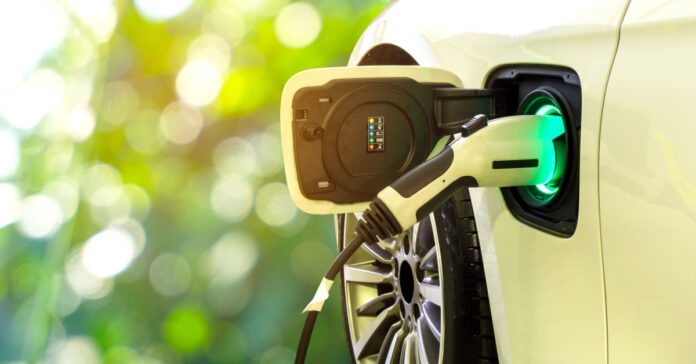
In a surprising turn of events, President Joe Biden is recalibrating his approach to electric vehicles (EVs) as consumer interest in these cutting-edge automobiles remains surprisingly low. Faced with dealership concerns and scaled-back production by automakers, the administration is shifting gears to accommodate the market realities.
This strategic adjustment, reported by The New York Times, is being interpreted as a concession to automakers and labor unions. Once fervently advocating for stringent emissions limits to prompt a swift transition from gas-powered to electric vehicles, the administration acknowledges consumers’ challenges. These challenges include the performance issues of EVs in adverse weather conditions, concerns about the scarcity of charging stations, and extended recharge times.
Despite a record 300,000 electric cars sold in the U.S. during the third quarter of 2023, the enthusiasm for EVs has waned. Dealerships are witnessing an accumulation of unsold EVs, prompting automakers to cut prices in a desperate attempt to lure hesitant consumers. Major players like Ford and General Motors are backtracking on planned investments, delaying production, and scrapping partnerships. Even Tesla, once the poster child for EV success, is facing setbacks with postponing a factory in Mexico.
Industry analysts point to various reasons for this slowdown, including inadequate charging infrastructure and a lack of affordable EV options. However, a more profound issue lies in the flawed foundation of America’s EV plan. The attempt to replace gas cars with EVs on a one-to-one basis oversimplifies the complex landscape of sustainable transportation, leaving broader issues unaddressed.
Donald Trump has been quick to criticize Biden’s focus on EVs, labeling it a “ridiculous all Electric Car Hoax” and attributing it to supposed communists within the administration. Trump warns of dire consequences, asserting that the U.S. auto industry could crumble if the mandate persists, leaving China to dominate the EV manufacturing sector.
Trump’s plea to voters resonates particularly with concerns for states like Michigan, a hub for the auto industry. He positions himself as the defender of the American consumer, vowing to halt what he calls the “madness” and protect the nation’s interests.
As Republicans express apprehension over the lack of consumer interest in EVs, the administration is compelled to reassess its strategy. Despite making EV promotion a cornerstone of its agenda, the Biden administration faces the harsh reality of sluggish sales and a hesitant consumer base, prompting a necessary pivot.
This shift is highlighted by the recent announcement from Hertz, a major player in the U.S. car rental industry, revealing plans to divest a significant portion of its electric vehicle fleet due to low demand, replacing them with gas vehicles. This decision accentuates the challenges currently plaguing the electric vehicle market.
The initial plan was overly ambitious and was centered around aggressive promotion, infrastructure investments, and substantial incentives. Consumer reluctance stems from concerns about range limitations, a lack of charging infrastructure, and the higher upfront costs associated with EVs. Additionally, apprehensions about longer charging times and battery life uncertainties have hindered widespread adoption.
The administration’s recalibration acknowledges the need for a more nuanced approach. Instead of coercing an uninterested market, the focus now shifts to research and development in advanced battery technology. This strategic investment addresses concerns about range anxiety and charging infrastructure, making EVs a more viable option for consumers.
Furthermore, the administration aims to foster collaboration with industry leaders through public-private partnerships. By working closely with automakers, charging station operators, and relevant stakeholders, the government seeks to tackle infrastructure challenges and provide incentives that instill confidence in consumers considering electric vehicles.
While critics may view this adjustment as a setback, it should be a pragmatic response to market realities. President Biden’s adaptability demonstrates a commitment to finding realistic solutions to complex challenges. By balancing environmental goals and market demands, the administration aspires to cultivate a sustainable and thriving electric vehicle sector, benefiting both the economy and the environment. As the road ahead unfolds, the administration remains steadfast in pursuing a cleaner and greener automotive future that aligns with the preferences of the American consumer.







